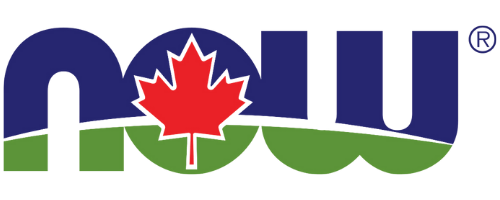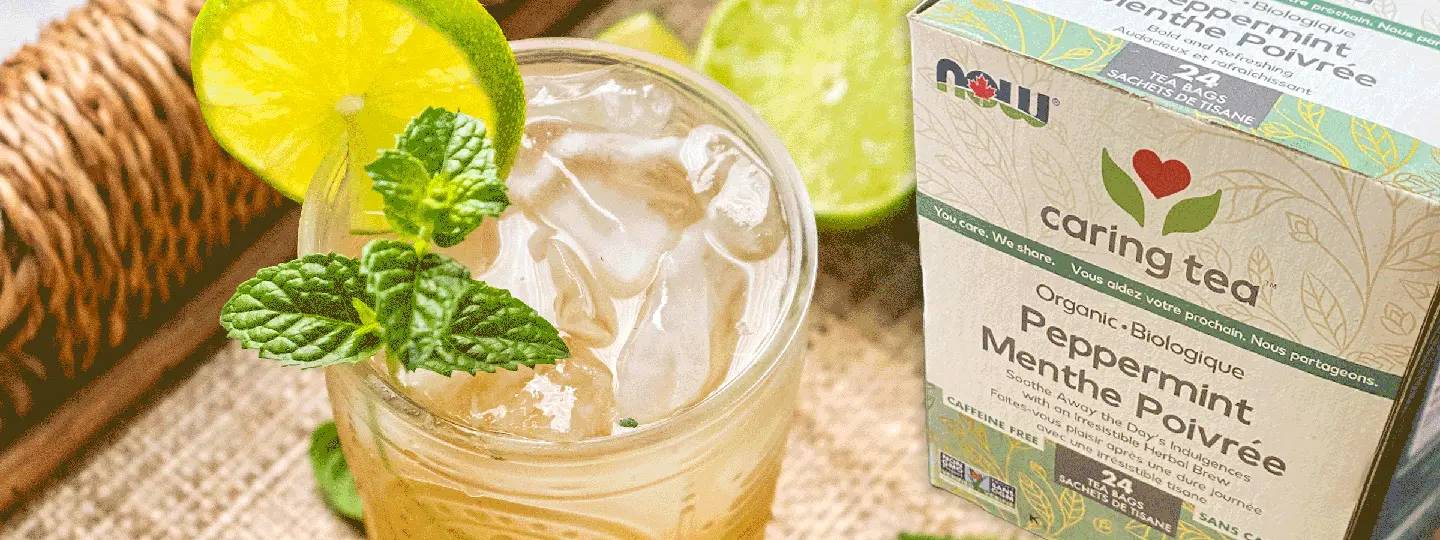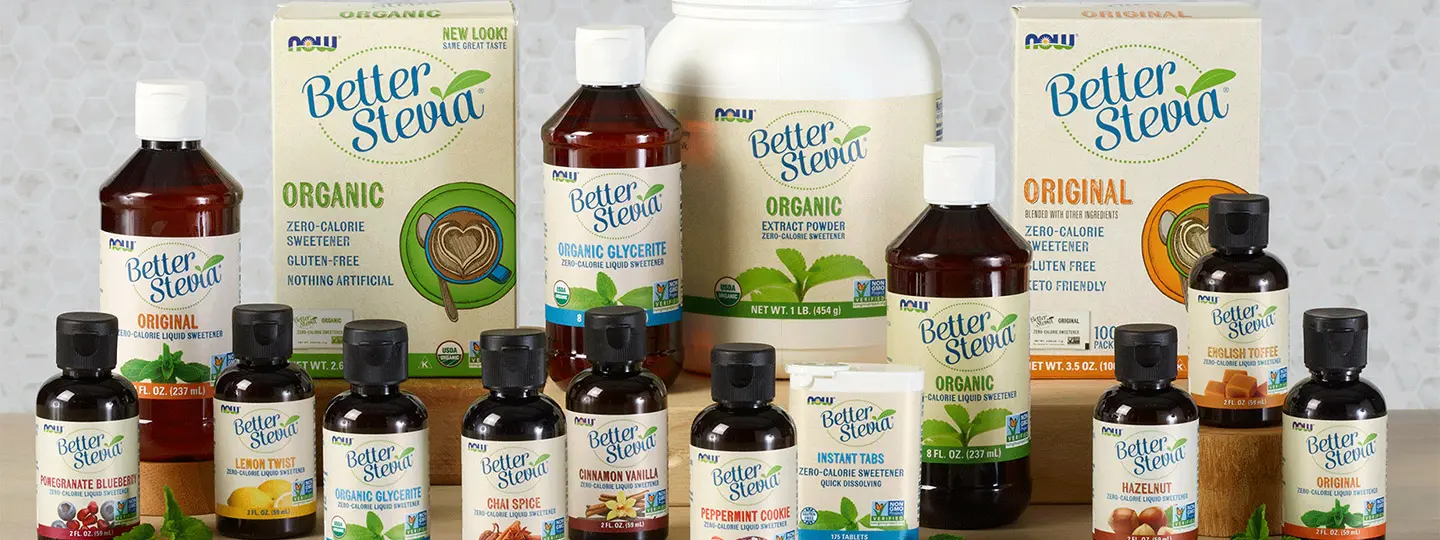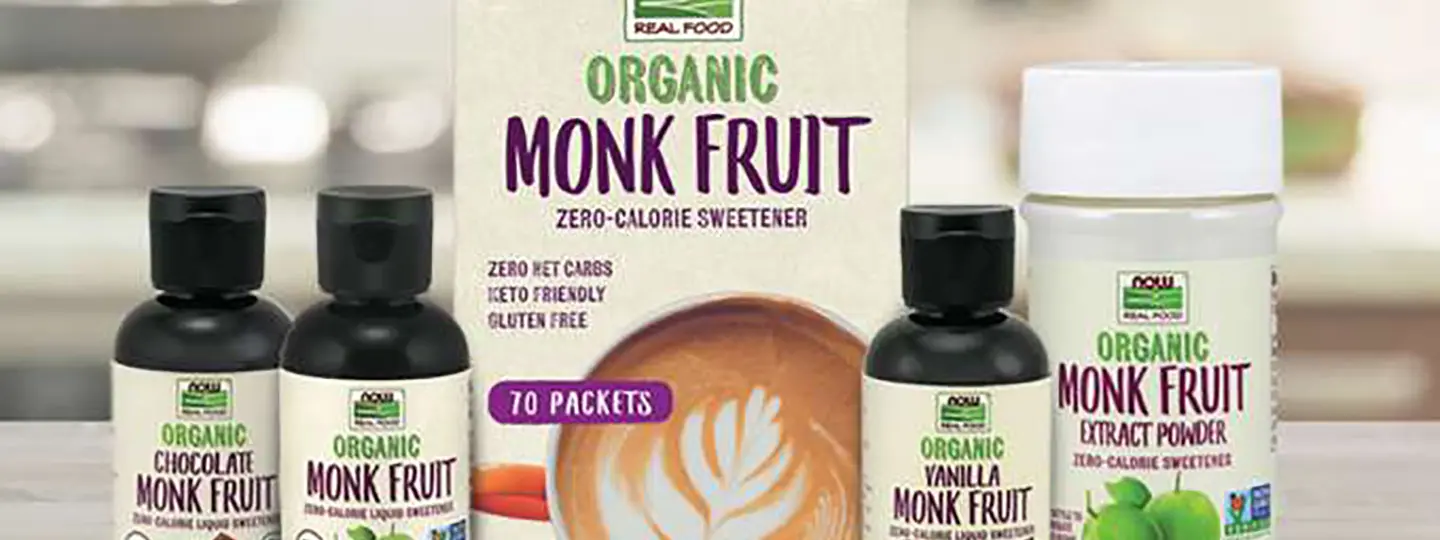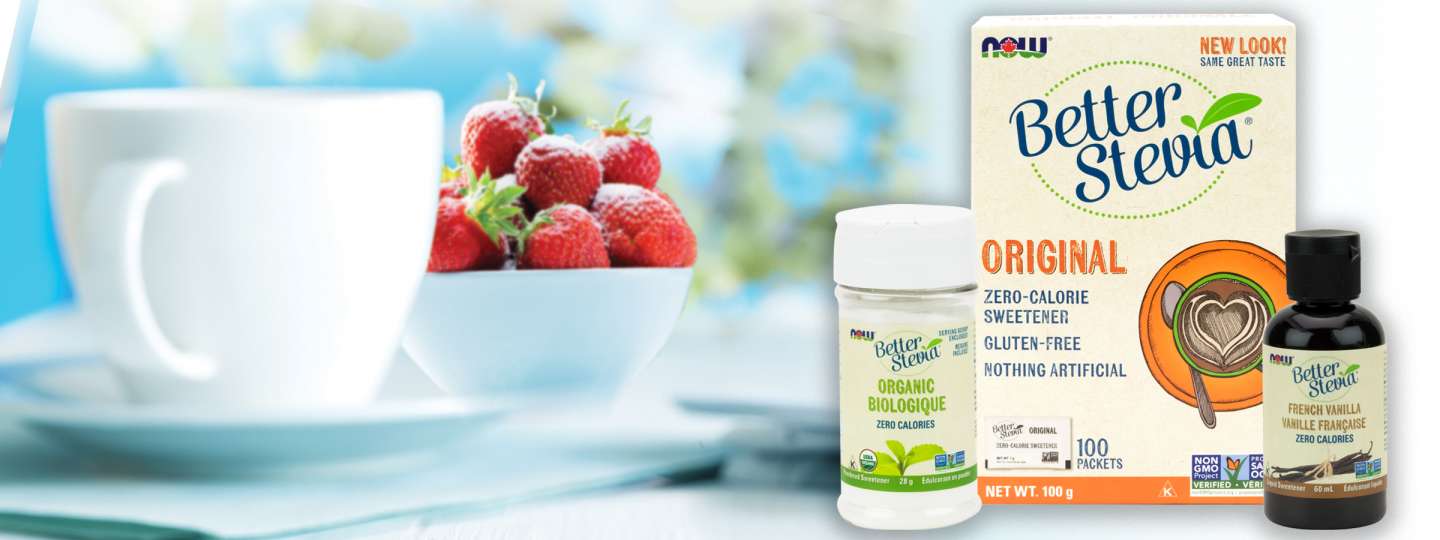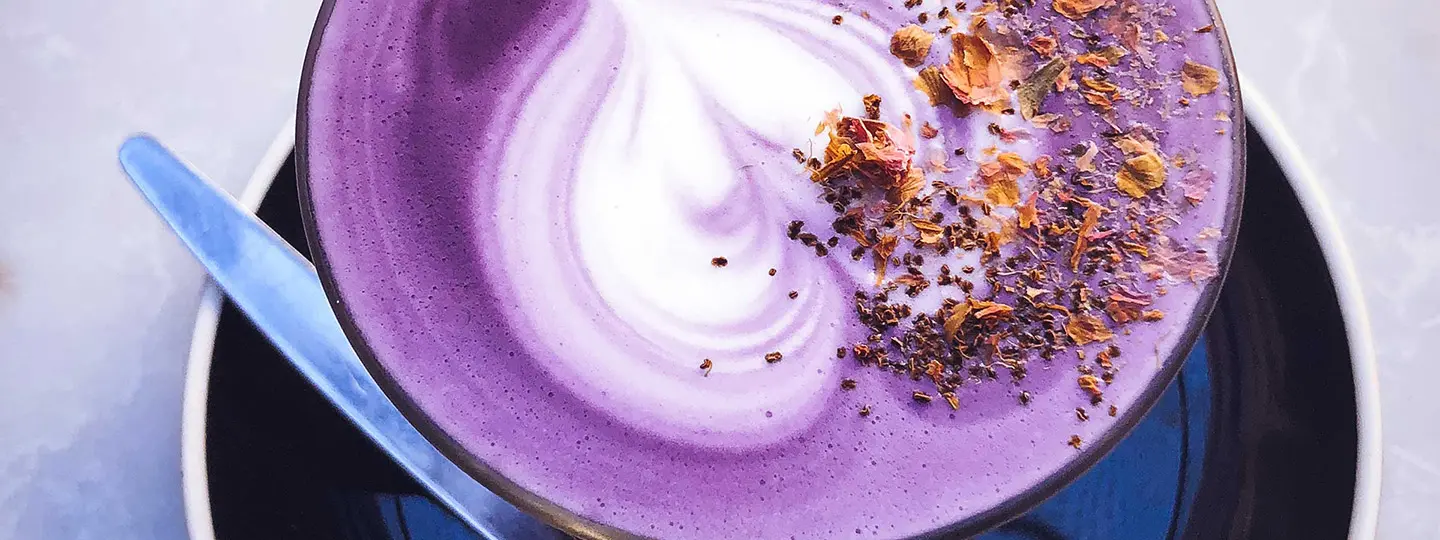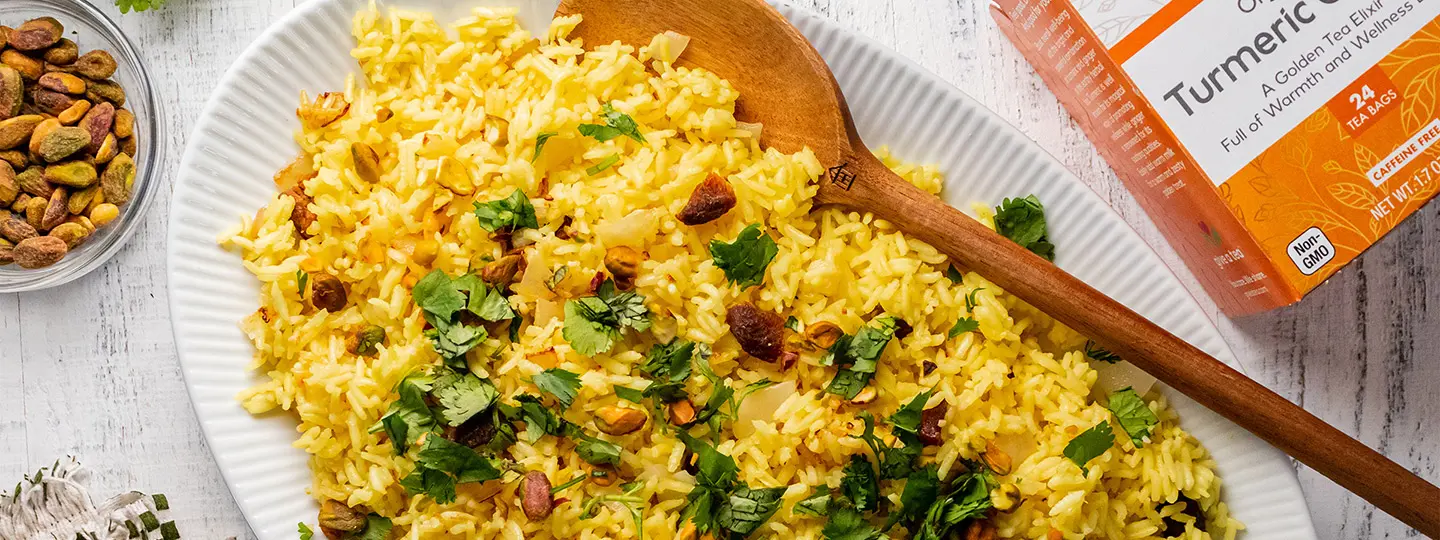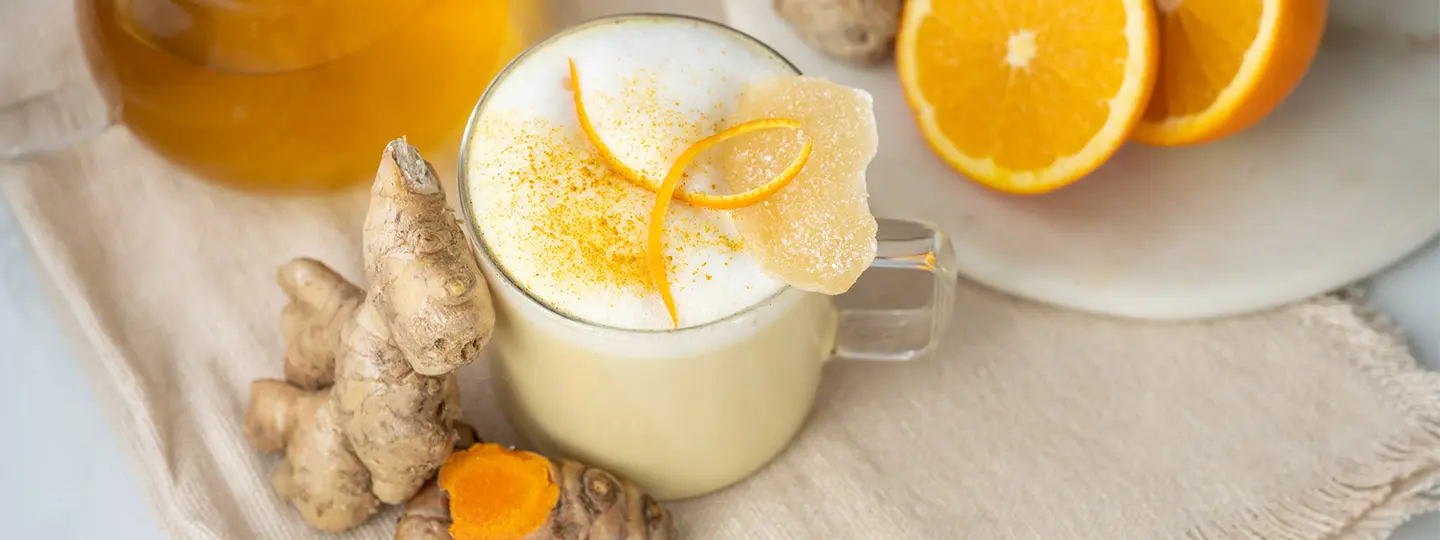Kosher Certification FAQs
NOW® is proud to manufacture a number of kosher-certified products for our customers. For those who aren’t familiar with kosher certification, we’ve put together some of the more frequently asked questions regarding the features and benefits of this rigorous and highly sanitary method of food production.
What is Kosher?
- Kosher is another term for kashrut, or Jewish dietary law.
- Kosher foods are prepared following strict kashrut guidelines, which can vary in different Jewish communities, but have the same basic rules. Jewish dietary laws were established in the Old Testament of the Bible, with additional rabbinical decrees handed down through generations.
- Consumption of certain animals is prohibited, and the separation of dairy and meat is required. Preparation and processing equipment and facilities must be cleaned and sanitized between products. Blood products are not allowed.
- Foods are not allowed to co-mingle, so surfaces and utensils must be thoroughly washed and sanitized after each type of food is prepared to avoid any chance of cross-contamination.
What is Kosher Certification?
- Kosher certification is provided by a third-party certifying Jewish agency.
- A representative of the certifying agency visits the applicant’s production facilities and thoroughly inspects every aspect of the operation, from the sourcing of foods and materials all the way through to the end of the production process.
- Depending upon the product, food may be prepared and manufactured under rabbinical supervision to ensure that the finished product is compliant with kosher laws.
Aren’t kosher foods only for individuals of Jewish ethnicity and/or faith?
- While kosher foods are a must for individuals of Jewish faith who “keep kosher”, for others kosher foods are simply pure foods produced using highly sanitary methods. In Hebrew the word kashrut means “fit” or “proper.”
- Kosher foods are prepared in a similar sanitary fashion to Halal foods eaten by Muslims, although there are religious differences. “Halal” means permissible or allowed in Arabic. Many Muslims will consume kosher foods as an alternative or surrogate for Halal, with the notable exception of kosher foods prepared with alcohol. Many of our products have both kosher- and halal-certifications. View our halal-certified products.
What does the kosher certification process for NOW products entail?
- Our manufacturing facilities and equipment are inspected by a rabbi from the certifying agency. Most of our kosher dietary supplement products are certified through Triangle K (trianglek.org), while most of our kosher foods are certified through the Chicago Rabbinical Council (cRc).
- Each NOW product that is kosher certified is reviewed and inspected by a rabbi for conformance to kosher guidelines. All ingredients are also examined for conformance to kosher guidelines.
- Because we operate more than one manufacturing facility, and our facilities are in different regions, our kosher products are audited by more than one certifier. This means that NOW kosher-certified products may bear different certification logos depending on where they were manufactured and the agency that certifies them.
Why aren’t all NOW food products kosher certified?
- Because of strict kosher guidelines, some products and ingredients are automatically ineligible, such as glucosamine, when it is derived from shellfish.
- Some products and ingredients lack the required documentation and traceability.
- Kosher certification can apply to other products, such as supplements and we are actively pursuing kosher certification for additional supplements.
How will consumers know which NOW products are kosher certified?
- All NOW kosher-certified products will eventually display the logo of the certifying agency on the product’s packaging.
- Please note that certification for individual products takes time. As we add more kosher-certified products there will normally be a period of time where the certification logo will not yet appear on the label. For the most current certification status of our products please visit the product’s page on our website. We will update a product’s website page to reflect its new kosher status once it is kosher-certified.
- Click here for a current list of kosher-certified products.
Are all kosher products vegetarian or vegan?
- Kosher does not always mean vegetarian/vegan. The gelatin used in our softgels is certified kosher because the method of slaughtering and processing cattle meets kosher standards, allowing a kosher certification for the entire product after reviewing all product ingredients for compliance. There is no conflict with a beef or lamb byproduct (i.e. gelatin or lanolin) being certified if the kosher rules are followed and there’s authorized supervision of the production process.
- The assumption that kosher means vegetarian is not supported by current or historical practice. Please check the label for both kosher and vegan if you are looking for both distinctions in a product. NOW will list ‘vegetarian/vegan’ on labels of products that contain only vegan-friendly ingredients.
What are the benefits of kosher foods?
- As mentioned, the word kosher in Hebrew means “fit.” In modern slang it’s used to denote something that’s pure or right. Kosher foods are pure foods that are fit for consumption under strict kashrut guidelines.
- No blood or blood products are allowed. Animals must be healthy and slaughtered in a sanitary and humane fashion; diseased or corrupted foods and ingredients are not allowed. Animals that are considered unclean, such as pigs and shellfish, and bottom-feeding fish such as catfish, are not allowed.
- Unintentional co-mingling of ingredients is not allowed. All instruments, equipment, and facilities must be thoroughly sanitized, and must be cleaned and sanitized after each food is processed to ensure that no cross-contamination occurs.
- With the safety of our food supply increasingly questioned, the stringent and sanitary production requirements for kosher foods are highly desirable. For many people, kosher foods are the pinnacle of purity, quality, and safety.
